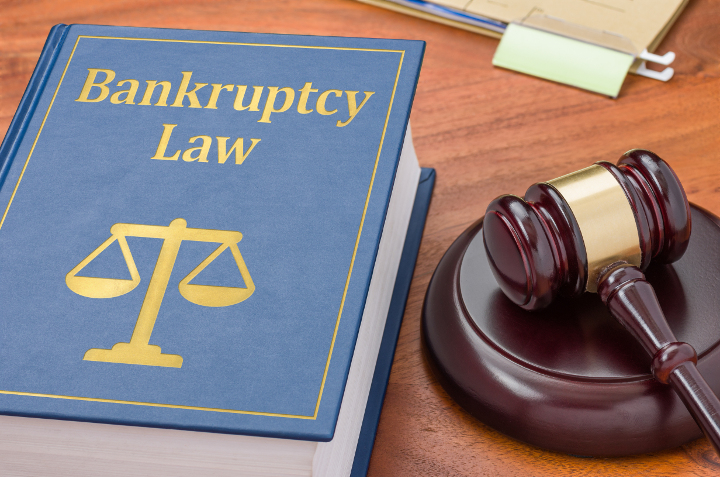A Glossary for Filing Bankruptcy – Part 1
As with any topic related to the law, bankruptcy has the potential to be overwhelming to someone without an experience or history in the field. Many of the terms commonly used by disability lawyers or disability attorneys, or just legal professionals in generally, can leave a client feeling confused and intimidated. If you are in the process of filing bankruptcy, or even just considering it, intimidation is the last thing you need to feel.
Fortunately, RGG Law has many years experience in this field, and we would like to offer a brief glossary of the terms you are mostly likely to hear often during this process. Keep in mind that this blog is purely to help you learn what some of these terms mean in a more general sense – if you need specific legal advice, bankruptcy or otherwise, contact RGG Law today.
What is an Asset?
We can begin this entry with one of the simplest terms. Perhaps it seems elementary, but “asset” is an extremely common term used in law that many laypeople would know has a specific definition. Once again, if you are filing bankruptcy, you will be seeing and hearing this word a lot, and is important to understand what it means.
In legal terms, an asset is something of economic value either to an individual, a business or a larger corporation, that will go on to provide them with financial benefit in the future. A common example of this is a homeowner buying a second home that they intend to rent out to a tenant or tenants – this second property is their asset.
There are different tiers and types of assets – short-term, fixed, financial and intangible – that carry their own definitions, but for the purposes of simplicity, the overall thing to remember about assets in bankruptcy is that they can be claimed or repossessed to pay off debt.
What is a Means Test or Means Testing
If you are applying for Chapter 7 bankruptcy, or looking into filing bankruptcy, “means test” is a phrase you have likely already seen. The explanation for this phrase is fairly simple, but the implications can be large. Means testing is carried out in order to assess whether you have the means – the financial resources – to pay off at least some of the debt you owe.
The first step in this is testing whether your household income is under or over the median income, which can vary on a state-by-state basis. If your income is less than the median, you qualify for Chapter 7 bankruptcy. If your income is over the median, then further assessment is carried out to determine if you have enough disposable income to pay if your debt. You can find out more about Chapter 7 bankruptcy on our website.
What is a No-Asset Case?
In some cases of Chapter 7 bankruptcy, a debtor may have assets, such as property, that can be claimed by creditors as a way to pay off outstanding debts. This means that if you, as the one who owes the debt, own a property that is determined an “asset”, that house could be claimed by the creditors.
A no-asset case, which most Chapter 7 bankruptcy cases are, means that the debtor is determined to have no assets that can be claimed. Once again, what is or is not an asset is decided depending on both state and federal law. The specifics of state law are an important factor to remember when you research filing bankruptcy.
Filing Bankruptcy and Terms to Know
These are just a small sample of words and terms you will hear a lot when filing bankruptcy. We will be taking a further look at more of these in future blog entries in this series. In the meantime, if you need specifics, have questions, or are looking for help from bankruptcy lawyers, contact RGG Law today.

